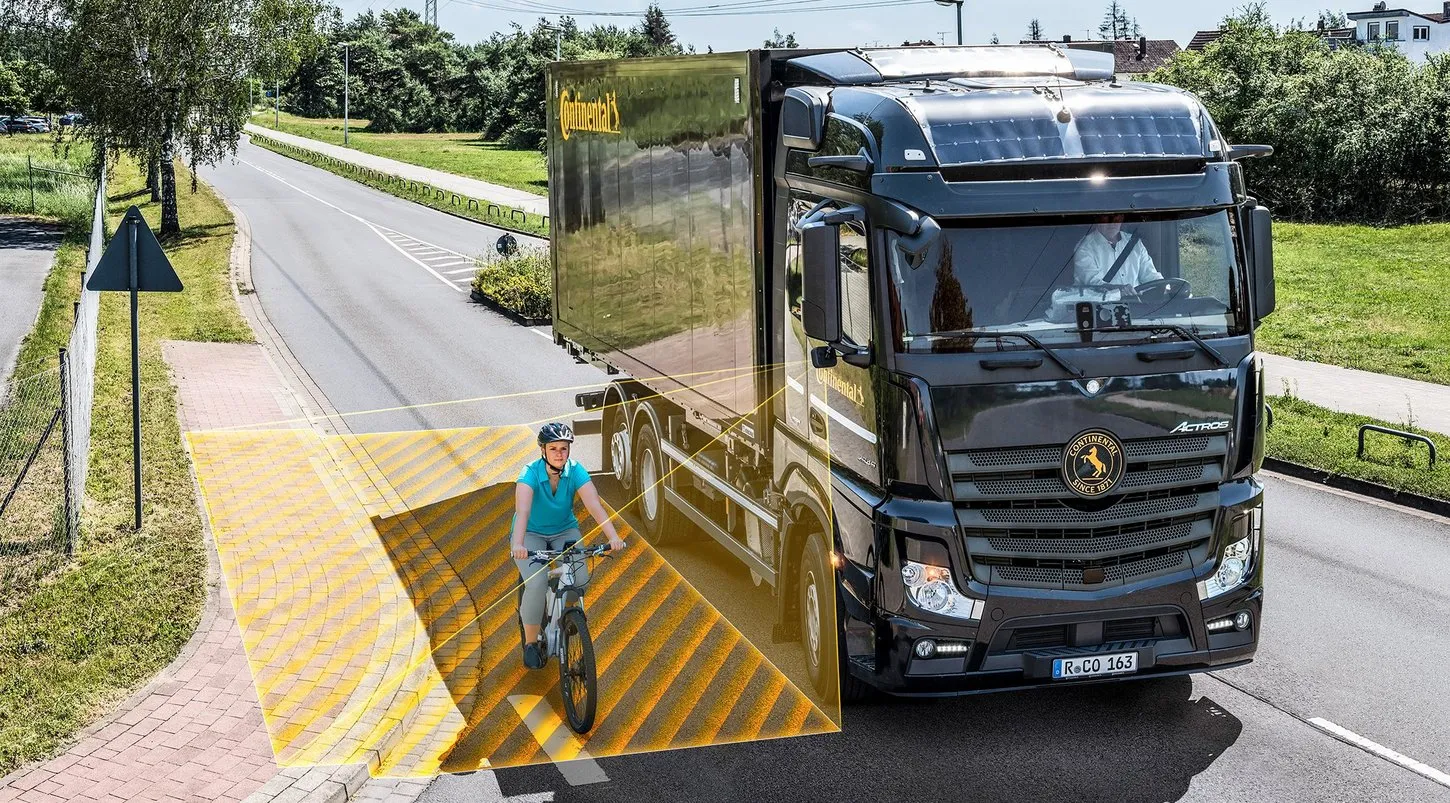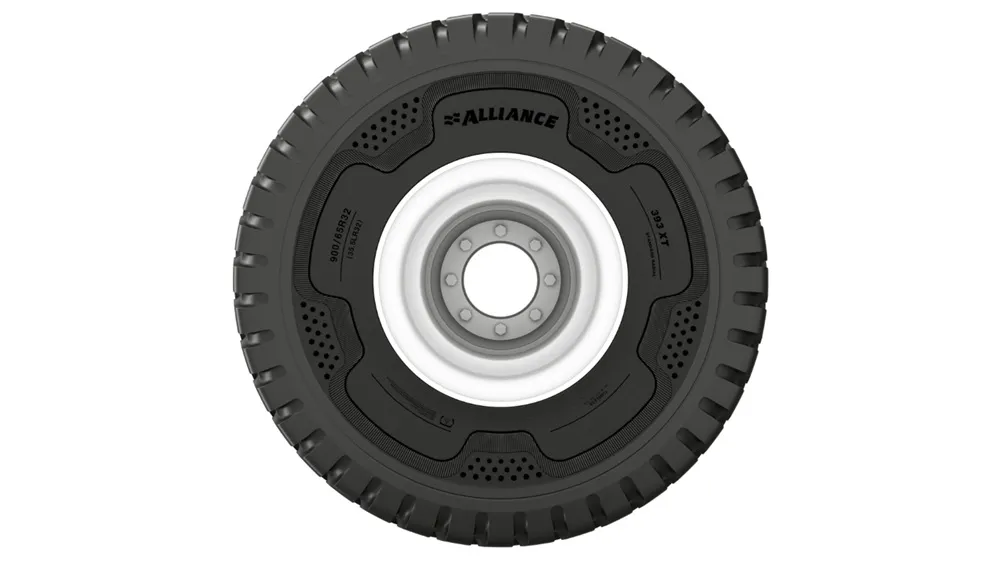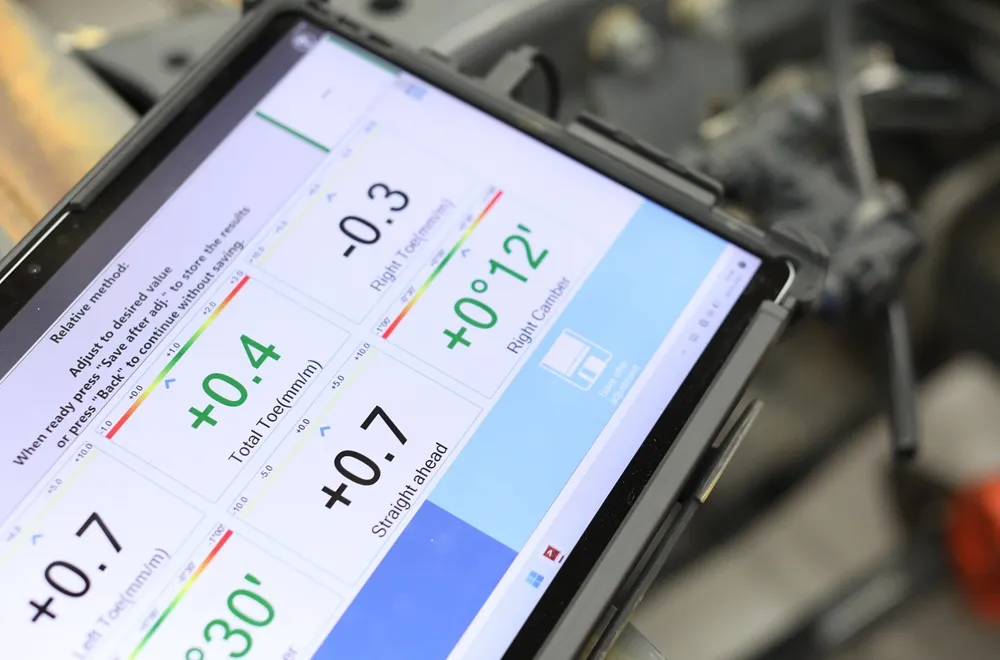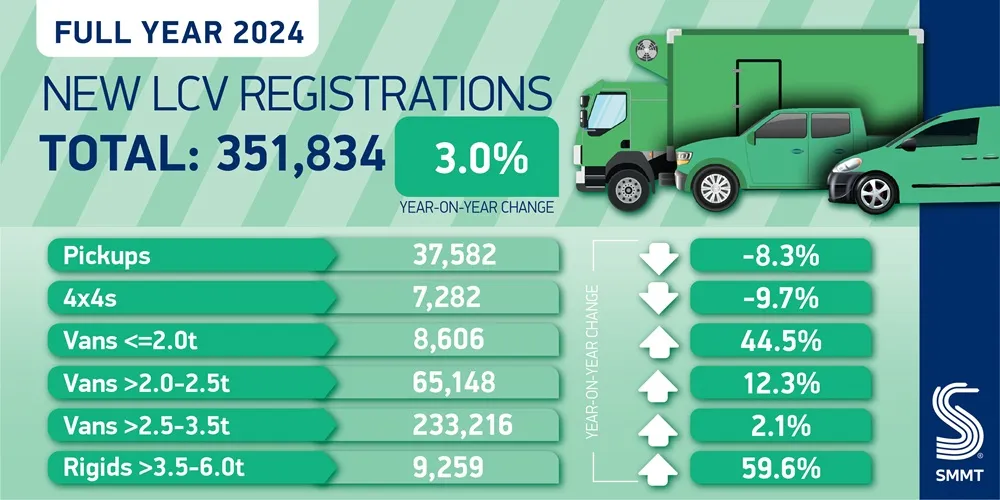Continental conducted a survey covering 850 fleet operators from Germany, France, the United Kingdom and the United States, identifying rising costs, crisis-related risks and CO₂ reduction as the biggest risks.
Survey Results
Almost three-quarters (72%) of fleet managers recognise the need for significant changes to meet the current challenges the sector faces, according to a Continental survey conducted by Dataforce between June and July 2024. The main challenges identified by 850 respondents include rising costs (76%), economic uncertainties due to the crisis (46%) and reducing CO₂ emissions (40%).
“The survey results highlight that cost pressure is the biggest challenge for fleet operators. Low margins, rising costs and stricter emissions regulations are reducing investment capacity, while wage developments and labour shortages add further pressure,” explains Clarisa Doval, Head of Digital Solutions at Continental. “Our digital tyre management solutions provide our customers with a valuable asset in this transition. With ContiConnect, fleets can operate more profitably and sustainably, boosting their competitiveness.”
Regional Differences in Challenges and Priorities
Financial pressure and rising costs are global issues. However, the Continental survey shows that certain challenges vary depending on the region. For example, 58% of German fleet managers see the transition to e-mobility as an obstacle, compared to only 23% of their US counterparts. In addition, 48% of German fleet managers highlighted staff shortages as an issue, compared to a global average of 34%.
More than half (56%) of the fleet managers surveyed are concerned about losing competitiveness within five years if they fail to adapt to issues such as rising costs, crisis-related challenges or emissions regulations. This concern is particularly high in the United States, with 81% of the respondents highlighting it, compared to only 22% in Germany.
Investment and Innovation
Globally, almost 25% of respondents to the Continental survey identify themselves as early adopters, meaning they actively seek out and implement innovations at an early stage. Around 44% of respondents are pragmatists and do not adopt new technologies until they are well established in the market, while approximately 32% do not implement modern technologies until later or not at all.
The main barriers to the adoption of new technologies, according to respondents, are high costs (63%), lack of certainty about the return on investment (29%) and lack of a clear strategy (28%). Key factors favouring the adoption of technologies are ease of implementation (56%), ease of use (44%) and compatibility with existing systems (39%).
The US Leading in Technology Adaptation
Continental survey shows that US fleet managers are generally more open to transformation and the adoption of new technologies. According to the survey, 63% of the US respondents identify themselves as early adopters of new technologies, compared to an average of just 20% in European markets. Investment commitment in the US is particularly high when it comes to digital tyre management, with 62% having already invested in it or planning to do so soon, compared to just 19% in Europe.
“Intense competition in logistics, further intensified by climate change and ongoing global crises, makes adaptability and resilience a decisive factor for success,” says Clarisa Doval. “At Continental, we create innovative solutions to improve fleet efficiency, reduce costs and promote sustainability. Tyres are a key driver of total operating expenses, and our digital tools for tyre condition monitoring provide substantial savings in the long term.”
E-Mobility and Digitalisation: Key Technologies of the Future
E-mobility is seen as a key technology of the future across all industries with 41% of respondents having already invested in it or are in the process of doing so, with a particularly high figure in Germany (50%). Among all Continental survey participants, another 24% plan to invest in e-mobility in the next one to two years.
Fleet management software is also gaining interest with 34% of respondents worldwide having already invested in or are investing in it with the US leading the way (67%). Other technologies on the horizon are advanced driver assistance systems (ADAS), which are already part of the strategy for 27% of respondents. Artificial intelligence (AI) and autonomous driving are currently less of a priority, with only 17% and 11% of respondents investing in these areas, respectively.
Profitability, Safety and Sustainability
Companies have clear objectives for modernising their fleets: cost reduction is the top priority for 65% of respondents, followed by drivers’ and road users’ safety (44%) and improving sustainability by reducing emissions (43%). Reliability and minimising downtime (41%) are also key, followed by compliance with regulatory requirements (35%).
The full Continental survey results are available in “The Future of the Fleets” report here.









